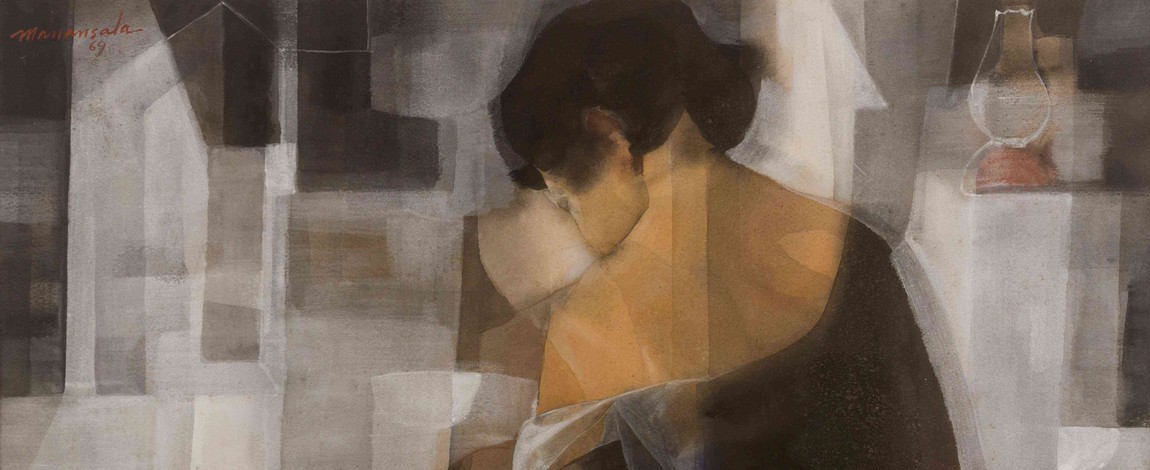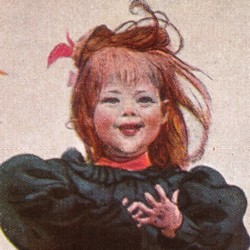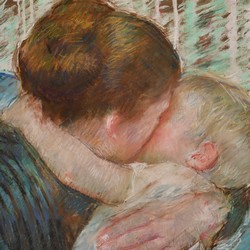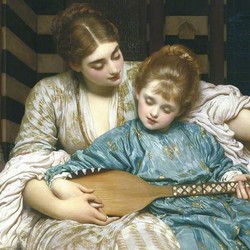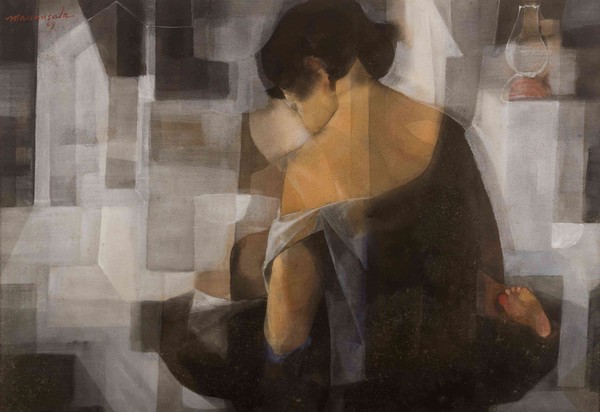
Is Ignaz Moscheles a name you know? Perhaps related to Beethoven? If so, then you are on the right track. Ignaz was twenty years old and studying at the Prague Conservatory when he found a copy of Beethoven's Sonata No. 8 for piano, the “Pathétique” which had been published five years earlier in 1799. He fell in love with it and became a true fan of Beethoven. In 1808, he moved to Vienna to pursue a career as a concert pianist and, of course, to try to be close to Beethoven. He achieved both: he was soon recognized as a pianist, and a few years later he was commissioned to make the piano reduction of Fidelio; that is, he had the opportunity to work with the admired composer.
But if I am talking about Moscheles today, it is not because of his relationship with Beethoven, which is surely better known, but because of his relationship with Felix Mendelssohn. Once the character is placed, I will continue with the story. Around 1816, Moscheles began a series of major tours through Germany, Paris, and London, which established him as a piano virtuoso. Mr. and Mrs. Mendelssohn, who wanted the best for the musical training of their children Felix and Fanny, wanted the great pianist to teach them; it appears that he resisted for a long time, and it also seems that the one who convinced him was finally Mrs. Mendelssohn. And that was how friendship with the then young Felix was born.
This happened in 1824, when Felix was fifteen years old. In 1825, Moscheles settled in London where, among other things, he served as an ambassador for Beethoven's music, and also promoted Mendelssohn; the composer's numerous travels to Great Britain had a lot to do with the contacts his friend had. Moscheles lived in London until 1846 when he accepted Felix's invitation to become a professor at the brand new Leipzig Conservatory. Unfortunately, Felix died the following year and Moscheles replaced him in the position of director until his death in 1870.
We will return to 1833 to find this week's song. On 8 February, the Moscheles had a child and asked Felix to be his godfather. Do you remember that some time ago, in relation to Schubert's Herbst, I mentioned autograph albums? Those notebooks, trendy in the 19th century, which friends and acquaintances filled and used to become a letter of introduction to their owners. Mendelssohn's baptismal gift to his son-in-law was an autograph album from which he filled the first pages with two drawings and a lullaby song, Bei der Wiege. [Next to the cradle]
The poem was written by Carl Klingemann, a diplomat who was destined for London, who was friends of Felix Mendelssohn and his travel companion on that famous journey through Scotland that yielded such gloomy musical fruits; most likely, Klingemann and Moscheles were also friends because, aside from the common friend, they should have moved in the same circles in London. The song encourages the baby to imagine the future and be patient. It seems like the adults are expressing their wishes because children don't really understand the concept of “future.” We, as adults, must be patient. And I imagine Moscheles, Mendelssohn and Klingemann leaning on the child asleep in his cradle, sighing and dreaming of their future (you'd like to know that Felix Moscheles lived a long and fulfilling life).
We will listen to this delightful song performed by Barbara Bonney and Geoffrey Parsons. I hope you all enjoy it, but I have to tell you that I chose it especially for little Arlet, who was born less than a month ago. Welcome, sweetie! Will she love Lied and become a Mendelssohnian like her mother when she grows up? Don't you see? I'm doing like Mendelssohn and his friends and imagining her future. Let's be patience. For now, I wish Arlet the sweetest and most peaceful dreams.
Schlummre! Schlummre und träume von kommender Zeit,
Die sich dir bald muß entfalten,
Träume, mein Kind, von Freud' und Leid,
Träume von lieben Gestalten!
Mögen auch viele noch kommen und gehen,
Müssen dir neue doch wieder erstehen,
Bleibe nur fein geduldig!
Schlummre und träume von Frühlingsgewalt,
Schau' all' das Blühen und Werden,
Horch, wie im Hain der Vogelsang schallt,
Liebe im Himmel, auf Erden!
Heut' zieht's vorüber und kann dich nicht kümmern,
Doch wird dein Frühling auch blühn und schimmern,
Bleibe nur fein geduldig! Schlummre!
Sleep! Sleep and dream of the future
That must soon unfold for you;
Dream, my child, of joy and pain,
Dream of lovely forms!
May many yet come and go,
But new ones must arise for you
If you are only patient!
Sleep! Sleep and dream of spring's power,
Watch all the blossoming and becoming,
Hark, how the songs of birds resound in the grove,
Love is in heaven, [and] on Earth!
Today passes by and cannot trouble you,
But your spring will also blossom and glimmer,
If you are only patient!
(translation by Emily Ezust)


